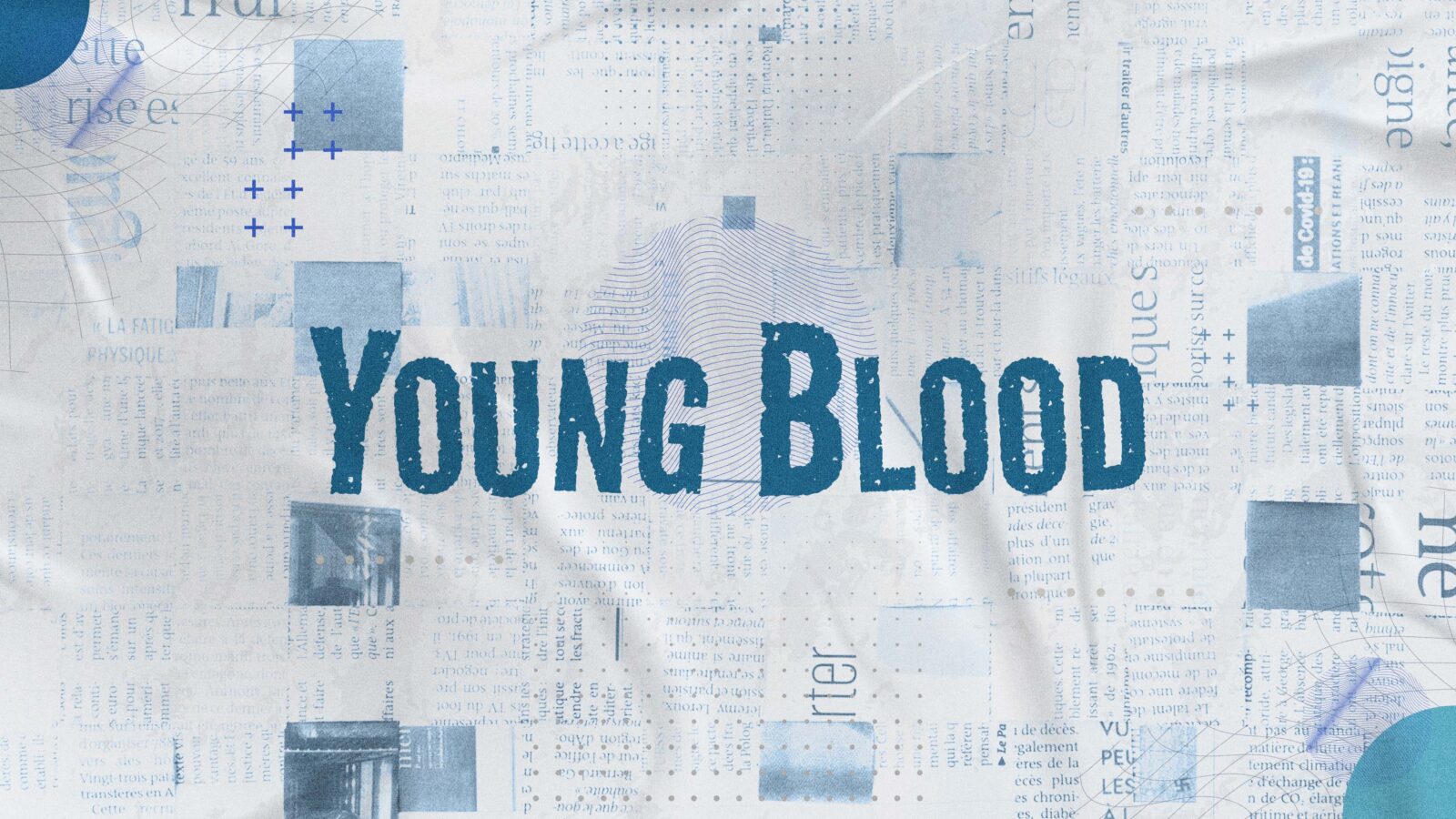What it means to have a head start

By the time I was eight, I knew I had a thing for writing.
In grade school, I was drawn to children’s books I couldn’t afford to buy, so I made the most of the annual book fair that visited our school. I would stop by before heading home, flipping through pages, getting lost in the stories I wished I could take with me. I was especially fond of the ones featuring the pilandok (Philippine mouse-deer). Every time I left, I carried a lingering feeling—one day, I wanted to write a children’s book of my own.
And then, I grew up.
I ended up enrolling in an English language and literature program at PUP after running out of slots for accountancy. It wasn’t my first choice, and to be honest, I didn’t see myself becoming a teacher after graduation (let’s face it—the common stereotype is that English graduates either teach, work at a call center, or pursue further studies). At that point, I didn’t even think I wanted to be a writer. But as I immersed myself in the program, my passion for writing and reading only grew stronger.
I had great professors—the kind who unveiled the magic hidden in every literary text. I loved my literature and writing classes, where I learned what made good writing and good storytelling. I took every opportunity to sharpen my skills, eager to absorb as much as I could. I fell in love with poetry, and along the way, I met a friend who shared the same passion.
But passion alone isn’t always enough. As much as I loved writing, I didn’t have the resources to fully pursue it. Every time I went home from school, my worries weren’t about perfecting my craft but about getting through the day. I couldn’t afford to buy many books, let alone a Kindle. Writing workshops for students were out of reach—not just financially, but in terms of time and energy. More than anything, I lacked the emotional support I needed as a young woman trying to carve out a future for herself. While my peers were focused on honing their skills, I found myself asking a different question—how could I even afford to be good at what I loved?
I don’t write just to express—I write to create. That’s why, when I finished my undergraduate program, I was eager to jump straight into graduate school and immerse myself further in literature and writing. But, as you know by now, I didn’t have the resources. And just when I finally felt ready, the pandemic hit.
The world paused, and so did I. Days bled into weeks, then months, then years. Survival became the priority, and dreams—no matter how fervent—had to take a back seat. The uncertainty was suffocating; every plan felt like it was written in sand, washed away before it could take shape. By the time the world started moving again, I had lost my rhythm. I stopped writing. I stopped learning about writing. The recovery wasn’t instant—it stretched on, slow and unsteady, like relearning how to walk after years of standing still.
And now, with a clearer mind, I’ve come to realize that I didn’t have the head start my peers did. I used to feel a deep sadness watching others seamlessly pursue their passions and vocations. Some went straight to graduate school after graduation. Others transitioned into new careers without the weight of immediate consequences. Many found their footing within a year or two, thriving in ways I could only dream of. Some even seemed to step out of PICC already knowing their life’s purpose.
And so, every single day, I found myself asking: Wasn’t I good enough, brave enough? But excellence and bravery aren’t defined by a single moment.
I don’t believe in pure luck, but I do believe that opportunities—or the lack of them—shape our paths. If I had the right support back then, I might be completing my doctorate in creative writing by now. I might have published at least two books. I might have already built a career in academia. But I didn’t.
Instead, those years were spent filling in the gaps, making do with what I had just to get by.
Every child has a dream, but whether they can chase it often depends on the circumstances they’re born into. If all the children had the space to express their dreams and aspirations, and had the resources to achieve them, the world would be a much better place. I was a dreamer then that was held by certain circumstances in life—but it never stopped me from dreaming.
Today, at 26, I’m in a better place. And I like to think that if 8-year-old Annie could see me now, she’d be beaming with pride—knowing that even if we haven’t fully stepped into our dream of becoming a writer yet, we’re closer than ever. We have the resources, the space, and the courage to finally make it happen. And we are making it happen.
—————-
Annie Collins, 26, is an aspiring writer and poet.

















